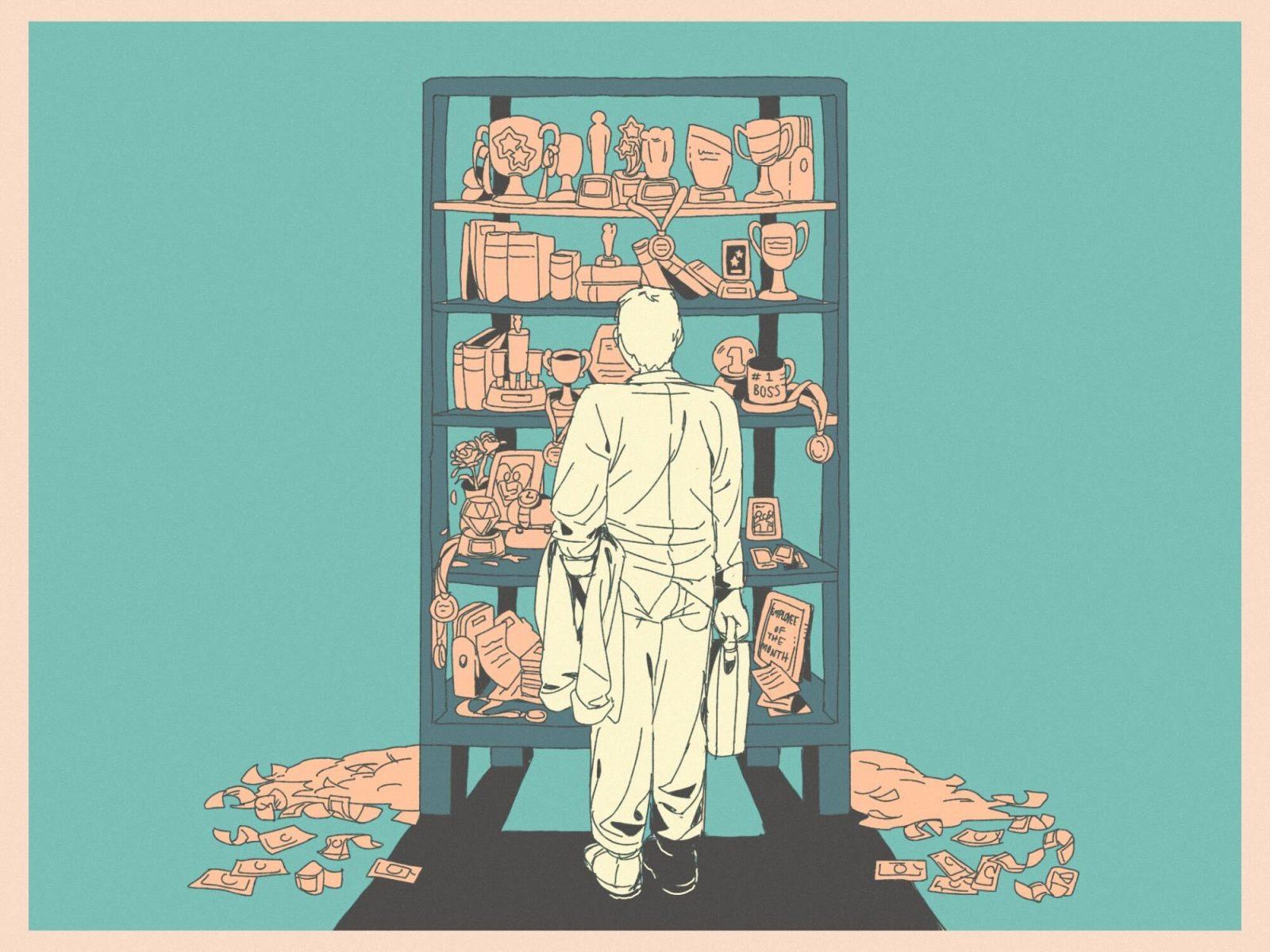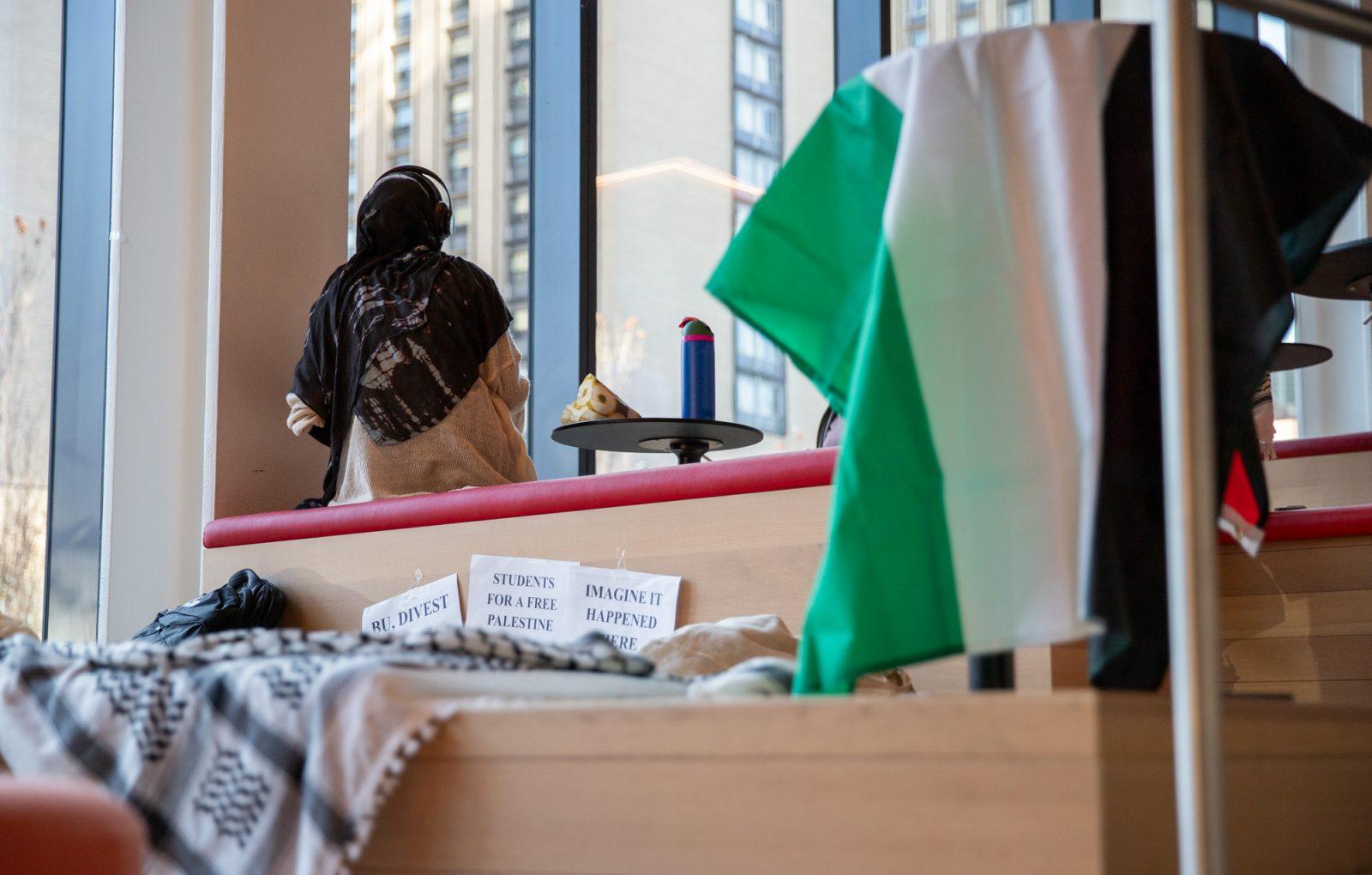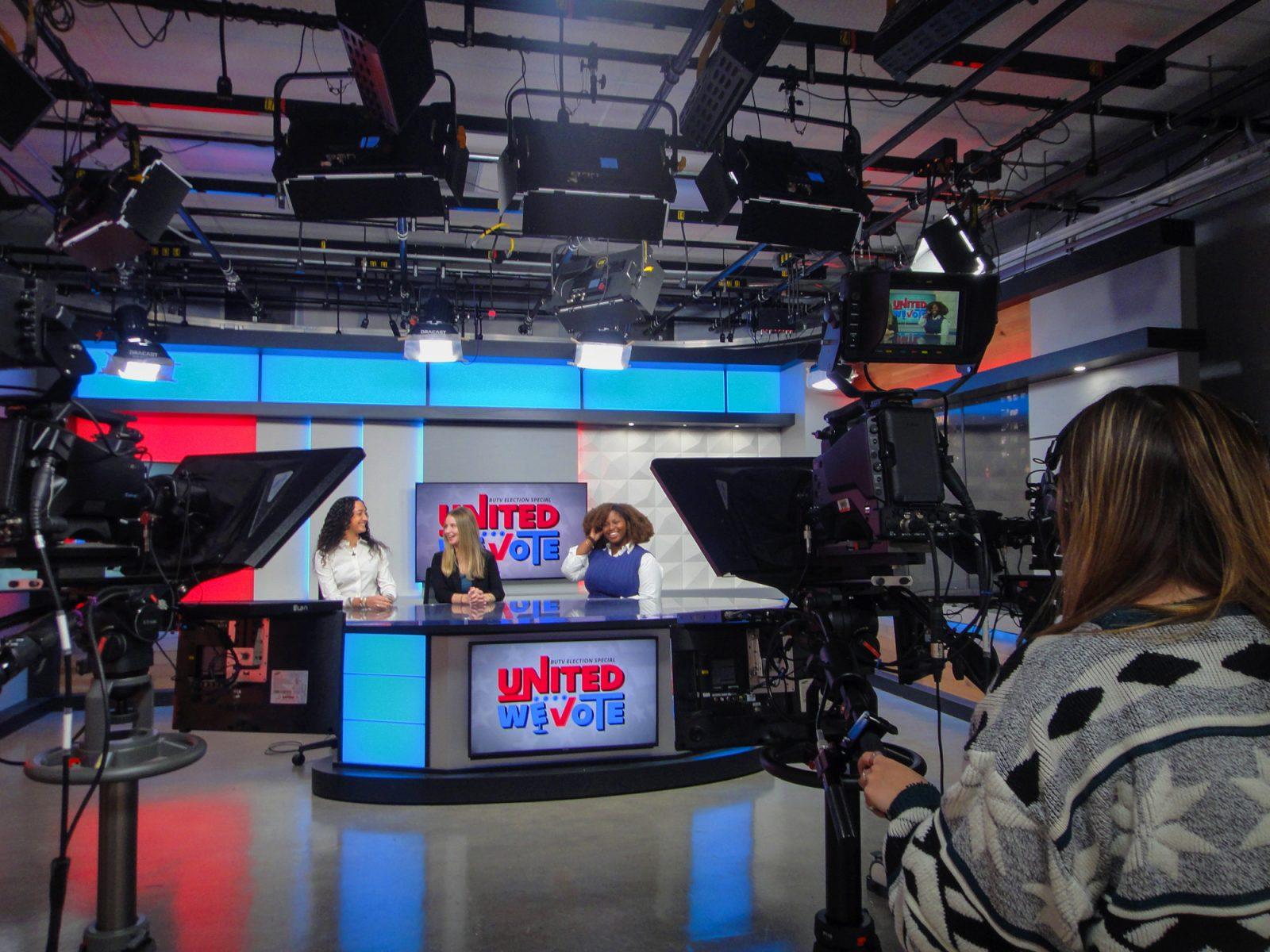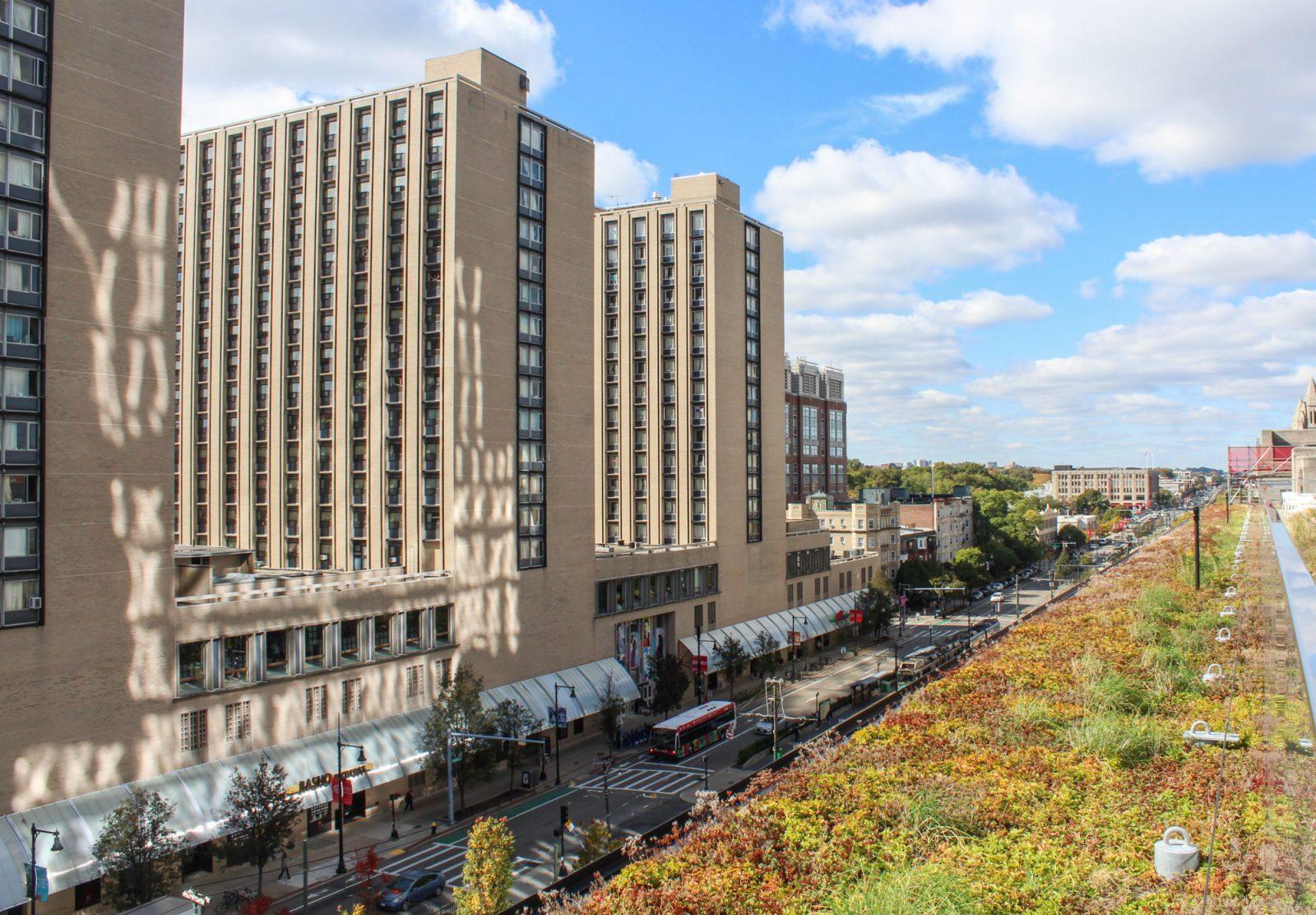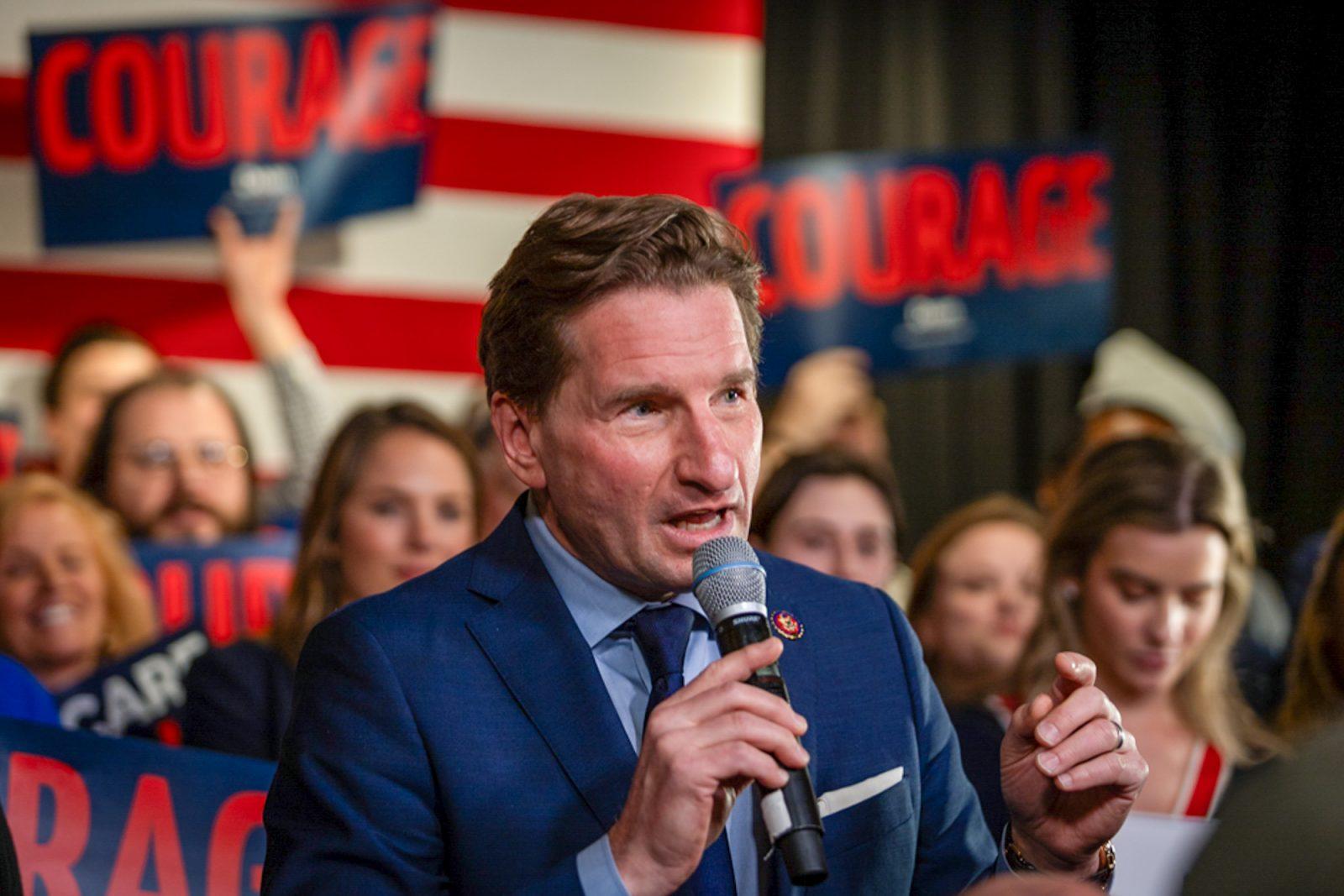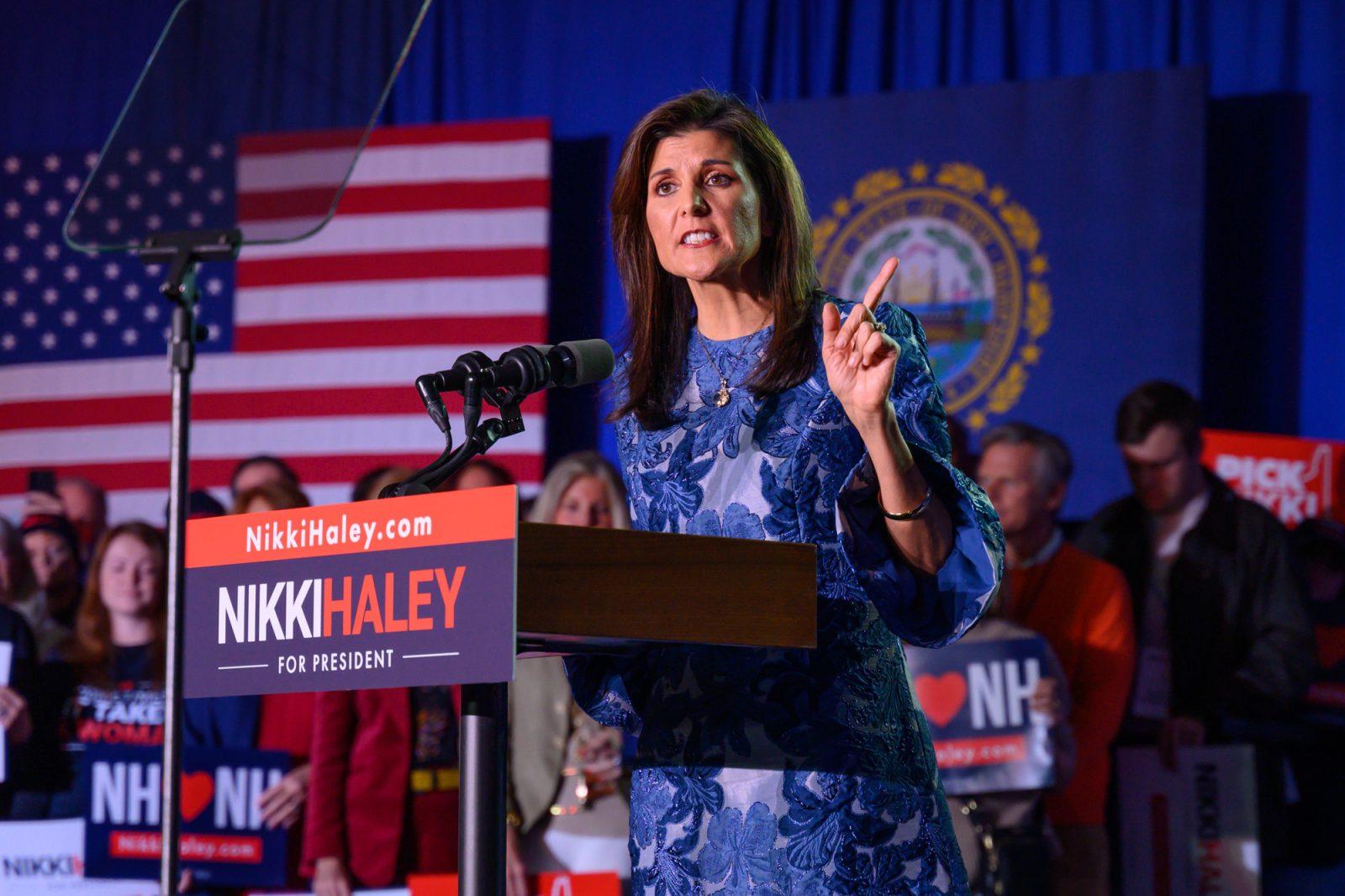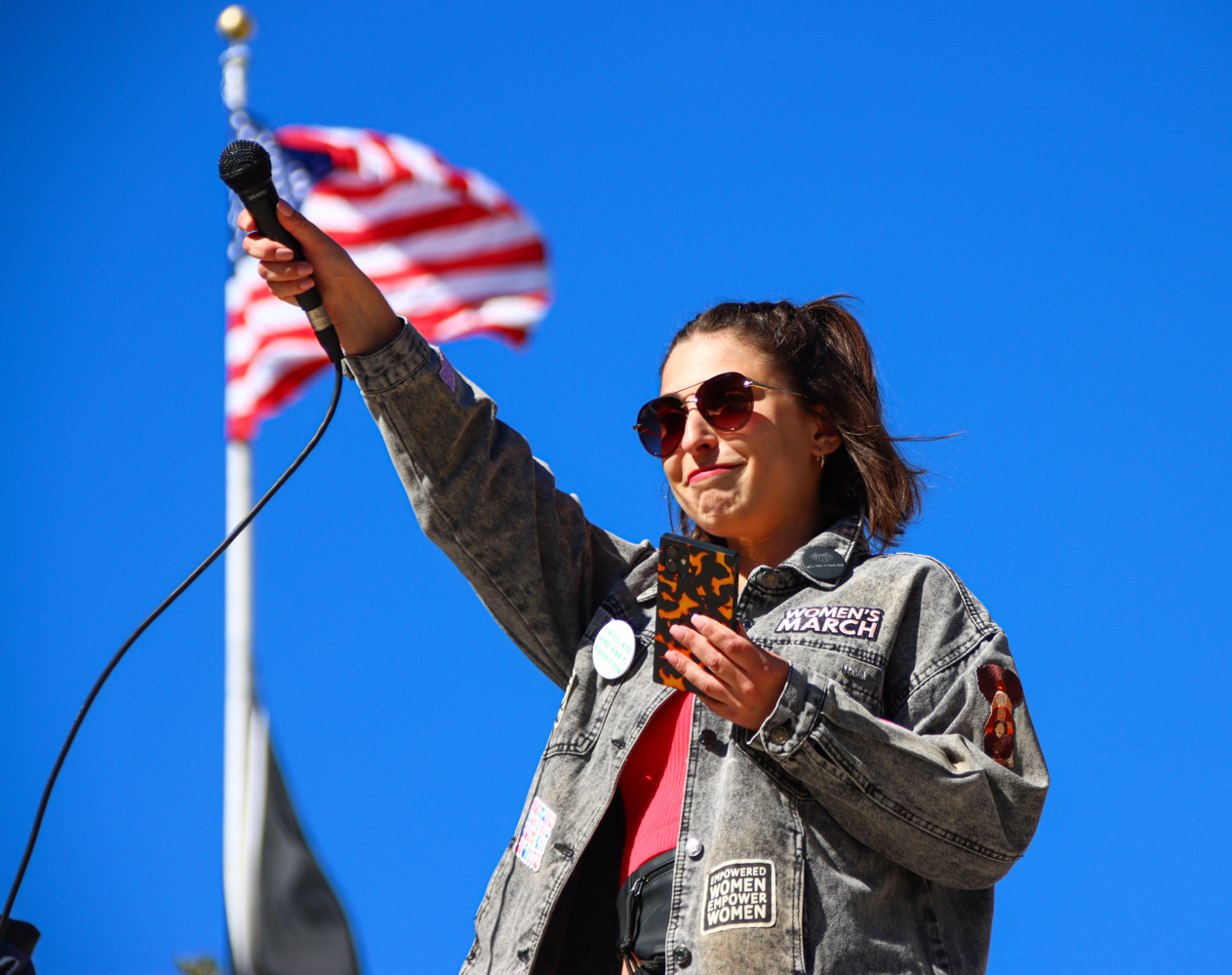Somewhere along the way, fiery dinner table debates became fires in ballot drop boxes. Lines of eager voters stretching around corners became the buzz of busy phone lines. The visuals of voting have changed in recent elections.
Set off by the COVID-19 pandemic in 2020, the number of absentee or mail-in ballots in the last general election increased significantly compared to the past 12 years, leading to a decrease in the number of in-person voters.
In the 2020 election, 46% of voters cast absentee or mail-in ballots, according to Pew Research Center. This marked a turn in voting trends, which evolved into a topic of political contempt.
Mail-in voting initially served as an alternative for military personnel to cast their votes, and a loosening of application requirements did not come until 1978, starting in California.
But mail-in voting has been politicized far beyond its purpose.
Former President Donald Trump has criticized mail-in voting as a threat to election integrity. “We have to get rid of mail-in ballots because once you have mail-in ballots, you have crooked elections,” he said in January after the Iowa Caucus, reported CBS News.
However, Trump has recently switched his stance to back mail-in voting and urged his supporters to vote by any available means in order to “save America,” ABC reported in September.
For many college students across the country, the 2024 general election is the first election they are voting in. Because 72% of Boston University undergraduates do not live in Massachusetts, absentee ballots are a way of participating.
“I was really set on making sure I voted,” said Paige Albright, a BU sophomore from Iowa City, Iowa.
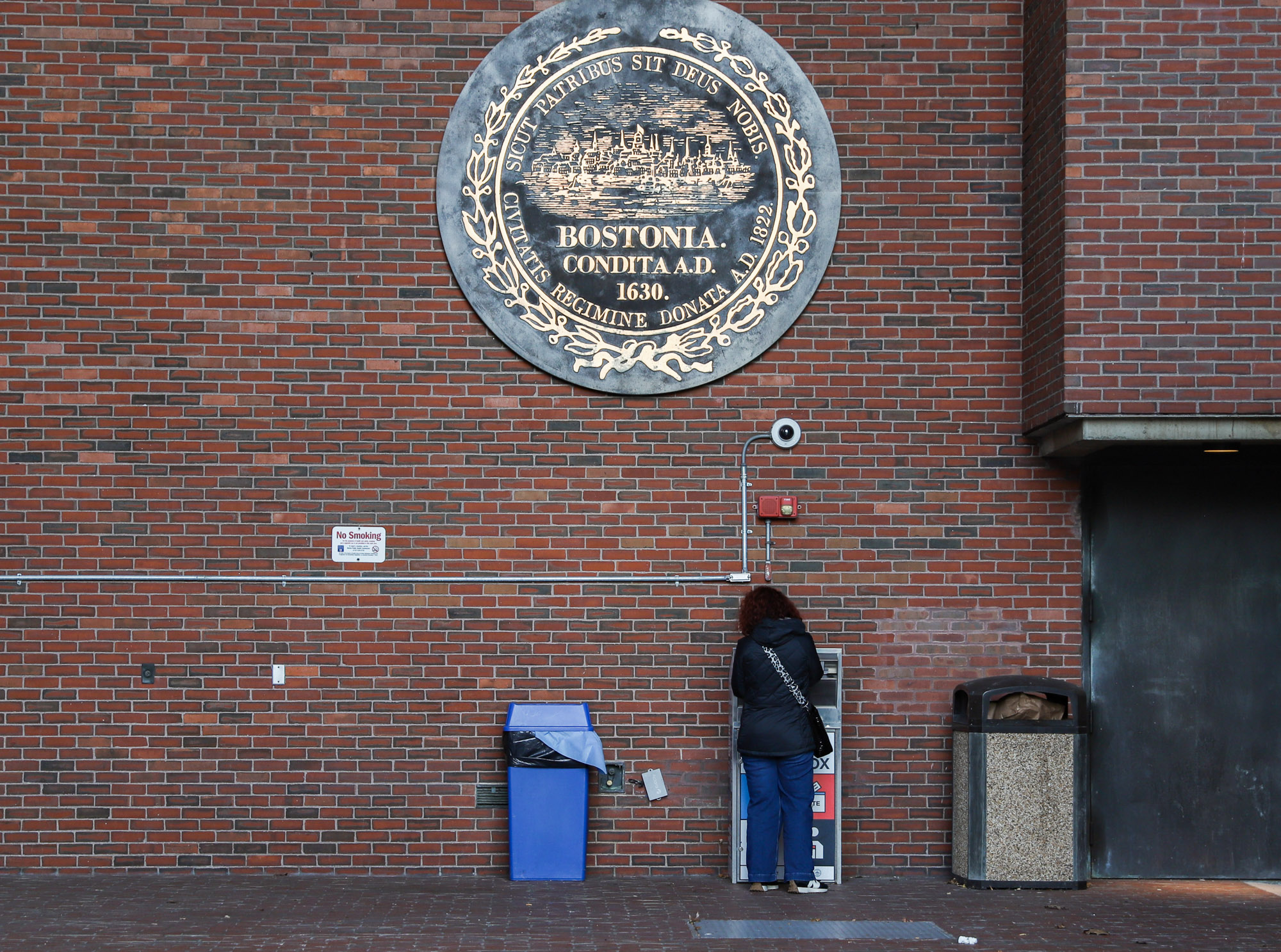
Albright, who voted by mail, said it was important that her vote was cast in her hometown as opposed to in Massachusetts, because of local issues impacting her friends and family there.
“We vote on our state supreme court justices, and abortion is a hot topic right now,” Albright said. “Even if my presidential vote didn’t have the impact that I wanted it to have, I knew 100% that me voting on the judges would have a direct result.”
Ava Benton, a BU freshman, said she felt drawn to vote by mail in her home state, Pennsylvania. As a swing state, Pennsylvania was a crucial stop on the campaign trail for both presidential candidates this year.
“I know every vote is important and has a significant outcome on the election,” she said of Pennsylvania. “ I feel like my vote is finally worth something, like I’m finally doing my civic duty.”
While Albright and Benton both said they had little to no difficulty applying for and mailing in their ballot, their experience was not universal.
Across the country, from California to Texas, voters have expressed concern about their mail-in ballots never arriving.
For Giulianna Campo, a sophomore at Northeastern University, the mail-in voting process in Virginia was not as successful, which left her frustrated.
On Nov. 2, more than a week after she mailed her ballot, Campo said she received a call from a woman on behalf of Fairfax County reporting that her ballot was invalid and would not be counted.
“I think a lot of people can’t vote because the mail-in ballot makes it so hard,” she said. Campo said she might fly home for future elections as a result of her experience voting in this year’s election.
With many stories similar to Campo’s, the genesis of this controversy can be drawn to a central issue: election security.
“One of the things that makes election security a hard problem comes to the idea of ballot secrecy,” said Mayanak Varia, associate professor of computing and data science at BU. “But that’s a hard problem to square with election transparency and with election integrity.”
The question over the insurance of mail-in ballots has led some students to vote in person.
“I’m feeling a lot more confident being able to just go to the voting location and put my vote in,” said Matthew Wuschke, a sophomore at BU from Dorchester.
Wuschke said he plans to take the train to join his family in walking together to the voting station, a family election tradition.
“The ballot box is the one place the government is building you a place where no one is allowed to look at you,” Varia said.
Mail-in voting hinders this element of secrecy.
Campo, in the wake of her struggle with this ballot cycle, argued for a simpler approach to mail-in ballots, in order to make the process more accessible.
“I feel like it would be good to make it a simpler process,” she said. “So everyone, no matter the education, no matter the person, no matter the race, no matter gender, they can fill it out and not have issues with it.”
Though Wuschke said he thinks voting in person “is the best way to go about” voting this election, he reaffirmed the importance of casting a vote despite potential setbacks.
“No matter where you are, no matter who you are, if you have the ability to vote, you should vote,” he said. “Your voice should be heard.”
















































































































